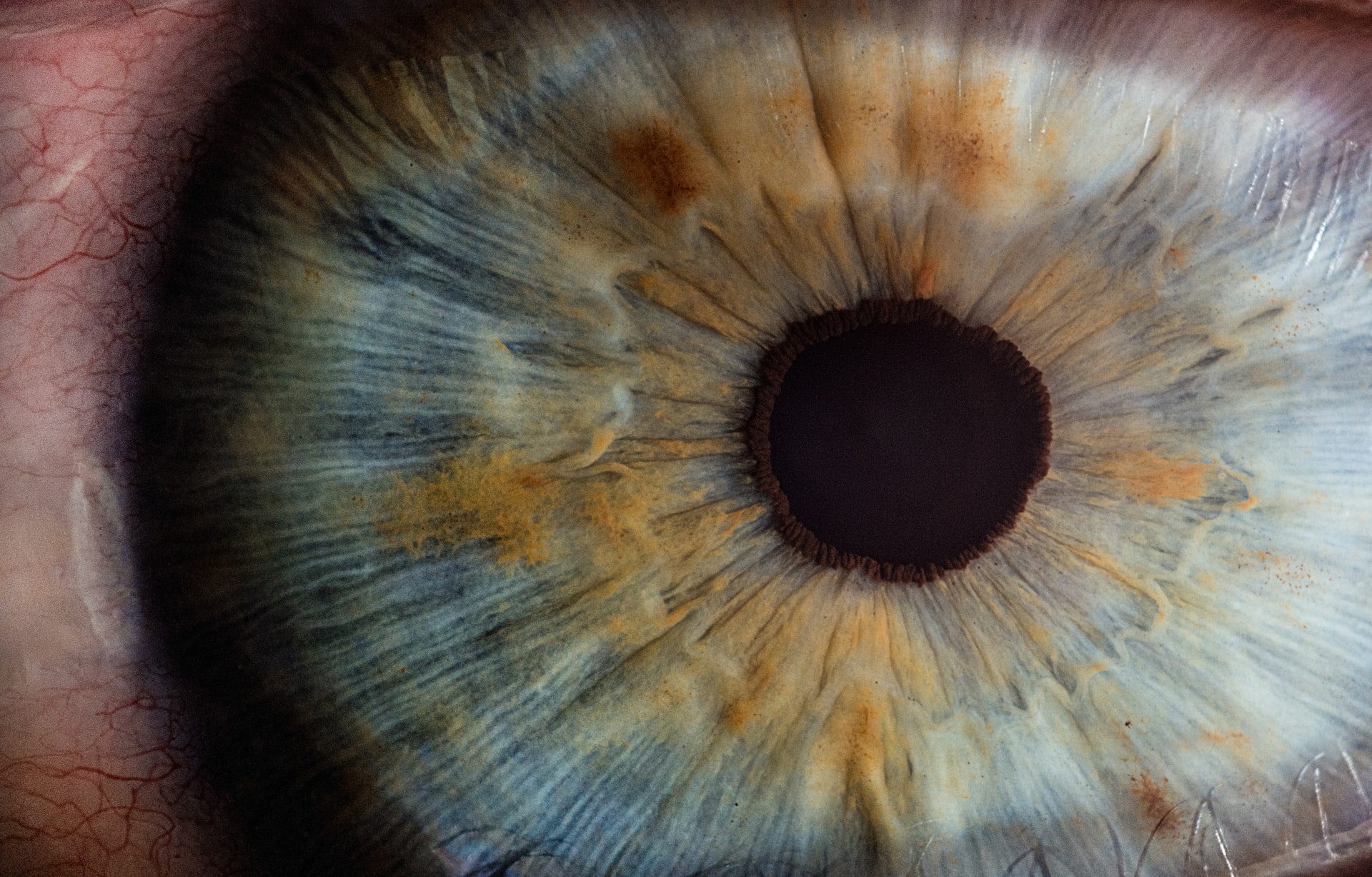We all know how important our eyes are to us, from reading to driving to simply living our daily lives. But how often do we really think about keeping them healthy? Good eye health is essential for maintaining clear vision, and there are several ways to protect your eyes from damage and disease.
In this blog article, we’ll look at the benefits of good eye health, the risks of poor eye health, how to keep your eyes healthy, vision exercises, proper nutrition for healthy eyes, tips for wearing contact lenses, what to do if you experience vision problems, and how to prevent eye diseases. We’ll also discuss eye doctor visits and tips for choosing the right one.
What are the benefits of good eye health?
Good eye health is essential for maintaining clear vision, and it can also help to protect us from a range of eye-related conditions. Good eye health can reduce the risk of glaucoma, age-related macular degeneration, cataracts, and other serious eye conditions. Furthermore, it can also help to reduce eye strain and fatigue, which can cause headaches and other unpleasant symptoms.
Furthermore, good eye health can also improve your overall quality of life. You may find that you are able to read more easily, watch television for long periods of time, or see faraway objects more clearly. You may also find that you are able to distinguish colors better, and this can be extremely beneficial if you are an artist or a hobbyist.
What are the risks of poor eye health?
Poor eye health can lead to a variety of eye conditions, some of which can be quite serious. If your eyes are not properly cared for, you may be at risk of developing glaucoma, cataracts, age-related macular degeneration, and other severe eye diseases. Poor eye health can also lead to a decrease in your overall vision, and this can make it difficult or even impossible to do certain activities such as driving or reading. Furthermore, poor eye health can lead to eye strain and fatigue, which can cause headaches and other unpleasant symptoms.
How to keep your eyes healthy
There are several steps you can take to ensure that your eyes remain healthy and strong. The most important step is to make sure that you are wearing the correct prescription eyeglasses or contact lenses. Wearing the wrong prescription can lead to headaches, eye strain, and other unpleasant symptoms. You should also make sure to have regular eye exams and checkups, as these can help to detect any potential vision problems early on.
Additionally, you should make sure to take regular breaks from screens and devices, as these can cause eye fatigue. You should also avoid smoking, as this can damage your eyes and put you at an increased risk of eye diseases. Finally, you should also make sure to wear sunglasses whenever you are outdoors, as this can help to protect your eyes from the sun’s ultraviolet rays.
Vision exercises to help keep your eyes sharp
Regularly doing vision exercises can help to strengthen your eyes and keep them sharp. One of the most popular vision exercises is the ‘pencil push-up,’ which involves focusing on a small object, such as a pencil, and then slowly moving the object closer to your eyes until it is out of focus. Doing this exercise several times a day can help to strengthen your eye muscles and improve your focusing ability.
Another popular vision exercise is the ‘eye roll,’ which involves rolling your eyes in a circular motion for one to two minutes. This exercise can help to improve your peripheral vision and reduce eye strain. Additionally, you can also try the ‘palming’ exercise, which involves placing your palms over your eyes and allowing your eyelids to relax. This exercise can help to reduce stress and fatigue in your eyes.
Proper nutrition for healthy eyes
Eating a healthy, balanced diet is essential for maintaining healthy eyes. Certain nutrients such as omega-3 fatty acids, vitamins A, C, and E, and zinc have all been linked to improved eye health. Therefore, it is important to include foods that are rich in these nutrients in your diets, such as fish, leafy greens, eggs, and nuts. Additionally, you should also make sure to drink plenty of water, as this can help to keep your eyes hydrated and reduce the risk of eye diseases.
Tips for wearing contact lenses
If you wear contact lenses, it is important to make sure that you are taking proper care of them. This includes cleaning them regularly, replacing them on schedule, and avoiding contact with water. Additionally, you should always make sure to properly store your contact lenses, and you should never wear them for longer than recommended. Also, if you experience any discomfort or irritation while wearing contact lenses, you should stop wearing them immediately and contact your eye doctor.
What to do if you experience vision problems
If you experience any sudden changes in your vision, such as blurred vision, difficulty seeing in the dark, or seeing spots, it is important to contact your eye doctor as soon as possible. These symptoms can be a sign of an underlying eye condition, and it is important to get them checked out as soon as possible.
It is also important to be aware of any changes in your vision over time, as this can be an indication of a developing eye condition. If you notice any changes in your vision, you should contact your eye doctor. Additionally, it is important to have regular eye exams, as this can help to detect any potential problems early on.
Eye diseases and how to prevent them
There are several common eye diseases that can affect people of all ages. Some of the most common eye diseases include glaucoma, cataracts, age-related macular degeneration, and diabetic retinopathy. These diseases can cause vision loss and blindness if not treated promptly.
Fortunately, there are several steps you can take to reduce your risk of developing these diseases. Wearing sunglasses whenever you are outdoors can help to protect your eyes from the sun’s ultraviolet rays, which can cause damage to your eyes over time. Additionally, eating a healthy, balanced diet and exercising regularly can also help to reduce your risk of developing these diseases. Finally, it is important to have regular eye exams, as this can help to detect any potential problems early on.
Eye doctor visits and tips for choosing the right one
It is important to have regular eye exams, as this can help to detect any potential vision problems early on. When choosing an eye doctor, it is important to make sure that they are qualified and experienced in treating eye conditions. Additionally, you should also make sure that they are familiar with the latest technology and treatments, as this can help to ensure that you receive the best care possible.
When visiting the eye doctor, make sure to bring any eyeglasses or contact lenses that you are wearing, as well as any other relevant medical information. Additionally, it is important to make sure that you are comfortable with the eye doctor and their staff, as this can help to ensure that you receive the best care possible.
Conclusion
In conclusion, good eye health is essential for maintaining clear vision and protecting us from a range of eye-related conditions. There are several steps you can take to ensure that your eyes remain healthy and strong, such as wearing the correct prescription eyeglasses or contact lenses, having regular eye exams and checkups, avoiding smoking, taking regular breaks from screens and devices, and wearing sunglasses whenever you are outdoors.
Additionally, you should also make sure to include foods that are rich in nutrients such as omega-3 fatty acids, vitamins A, C, and E, and zinc in your diet, and you should make sure to drink plenty of water. Additionally, regularly doing vision exercises can help to strengthen your eyes and keep them sharp. Finally, it is important to have regular eye exams and to choose an experienced, qualified eye doctor.
By following these tips, you can help to ensure that your eyes remain healthy and sharp for years to come.




